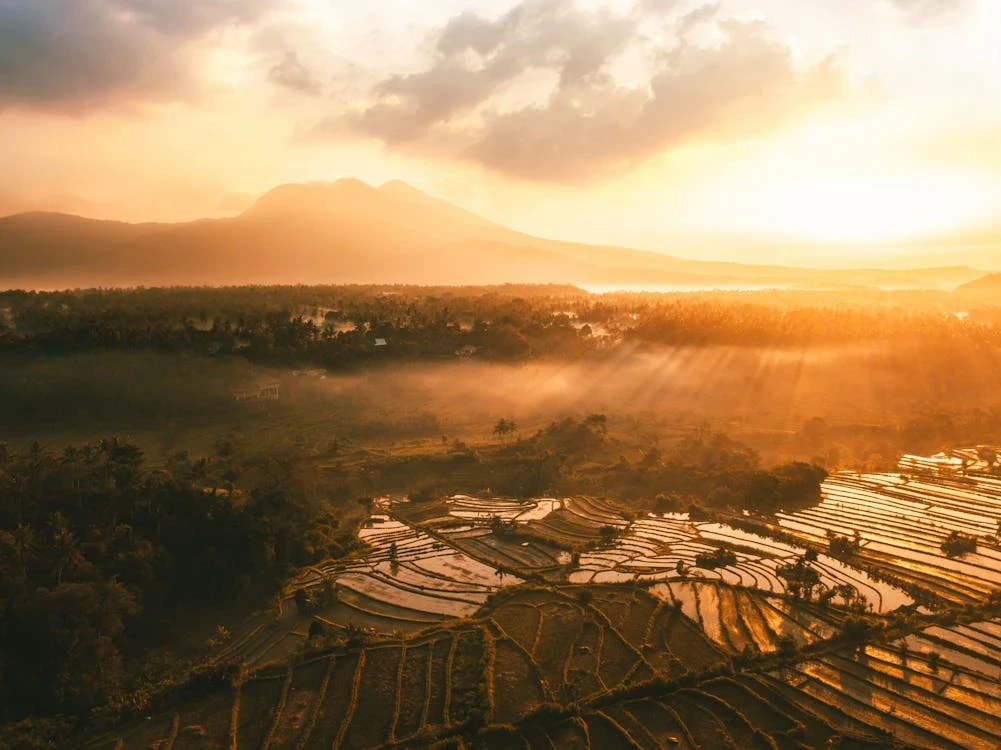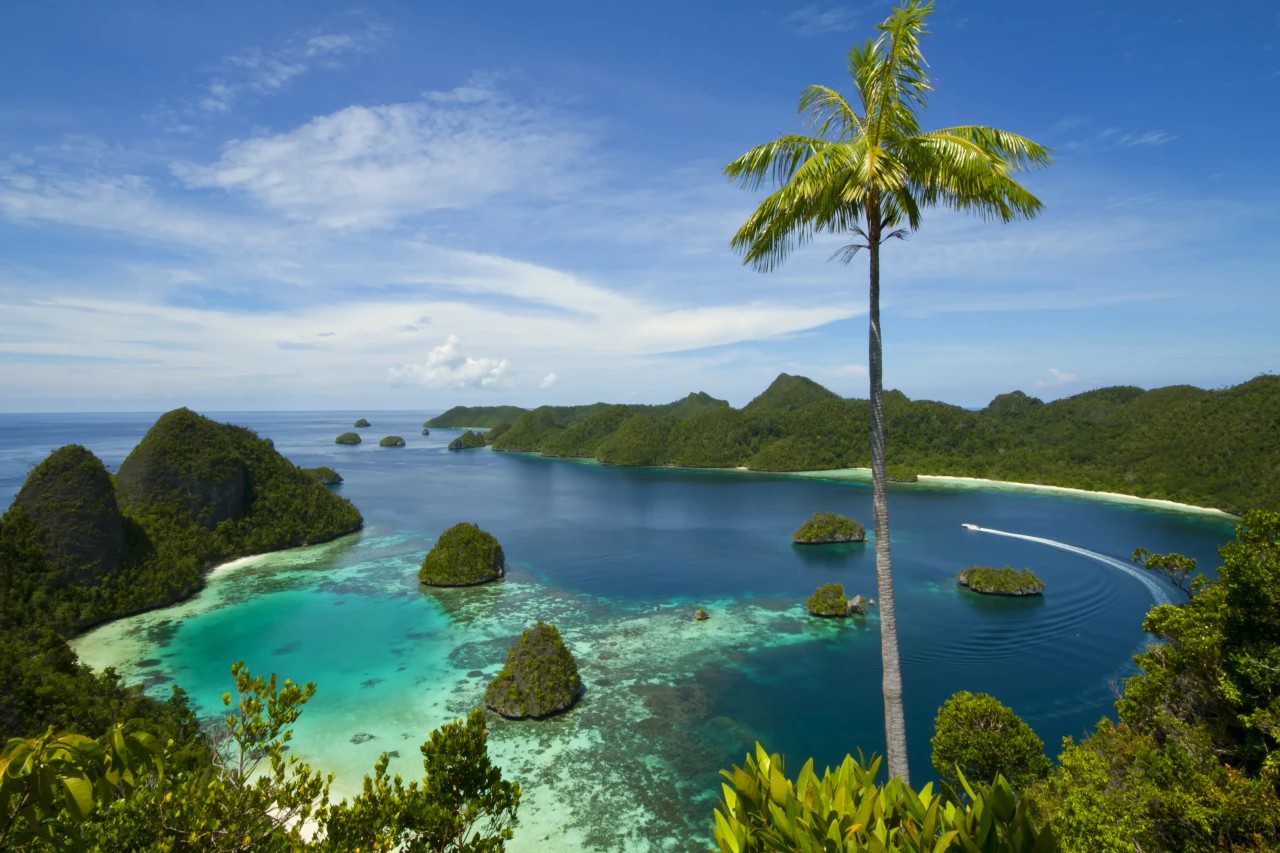
Recently, the internet has been buzzing with articles and posts about Bali being placed on Fodor’s 2025 No List, a compilation of destinations the travel guide suggests reconsidering. Naturally, such an “attack on the sacred” couldn’t go unnoticed. So, what really happened?
The renowned American travel publisher Fodor’s included Bali in its 2025 No List. Notably, the Island of Gods finds itself in good company alongside other “terrible destinations” like Barcelona, the Canary Islands, Venice, and Lisbon.
“Rapid and uncontrolled development fueled by overtourism is encroaching on Bali’s natural habitats, eroding its ecological and cultural heritage, and creating a ‘plastic apocalypse.’”
Every year, Fodor’s highlights destinations that are struggling under the weight of their popularity. These places are incredible, culturally rich, and fascinating, but some are beginning to crumble under the strain of their fame. Governments often prioritize tourist interests over the welfare of locals or cultural preservation, and this imbalance is causing significant harm.
According to Fodor’s, the destinations on the No List deserve the love and attention they receive—they are truly worthy of your time and money. However, the challenges they face are real and pressing. Fodor’s is not advocating for a travel boycott, as this would harm local economies without solving the underlying issues. Instead, the No List aims to raise awareness about the impact of tourism on specific regions and communities, highlighting the need for change.
This list is more of a wake-up call to governments and the international community about the need for sustainable tourism policies rather than a strict “no entry” warning. Fodor’s explicitly states this. Moreover, as the publisher rightly points out, meaningful change is impossible without funding, much of which comes from local tourism and investment in the island.
Virtually every top tourist destination faces unique challenges, and Bali is no exception. Judging by the numerous initiatives from local authorities, both the Indonesian government and Bali’s provincial leadership are aware of the island’s issues and are working to address them. Efforts include:
• Developing Bali’s ring road and metro system.
• Reviving the long-delayed northern airport project to better distribute tourist flows.
• Enforcing new waste management laws and combating plastic pollution.
Fodor’s role is to bring attention to these challenges, while the government focuses on resolving them. Meanwhile, tourists and expats continue to visit and live in Bali, contributing financially to the solutions rather than exacerbating the problems. This embodies the Balinese philosophy of Tri Hita Karana—harmony among people, nature, and the divine.
Ultimately, the No List is not a condemnation of Bali but a reminder that sustainable tourism practices are essential to preserve the island for generations to come.
Sources: fodor’s

You can add one right now!